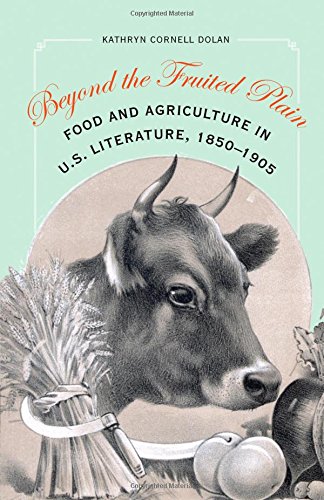

Most ebook files are in PDF format, so you can easily read them using various software such as Foxit Reader or directly on the Google Chrome browser.
Some ebook files are released by publishers in other formats such as .awz, .mobi, .epub, .fb2, etc. You may need to install specific software to read these formats on mobile/PC, such as Calibre.
Please read the tutorial at this link: https://ebookbell.com/faq
We offer FREE conversion to the popular formats you request; however, this may take some time. Therefore, right after payment, please email us, and we will try to provide the service as quickly as possible.
For some exceptional file formats or broken links (if any), please refrain from opening any disputes. Instead, email us first, and we will try to assist within a maximum of 6 hours.
EbookBell Team

0.0
0 reviewsAgriculture in the United States has changed dramatically in the last two hundred years. Economic transformation marked by the expansion of the industrial economy and big business has contributed to an increase in industrial food production. Amid this change, policymakers and cultural critics have debated the best way to produce food and wealth for an expanding population with imperialistic tendencies.
In a sweeping overview, Beyond the Fruited Plain traces the connections between nineteenth-century literature, agriculture, and U.S. territorial and economic expansion. Bringing together theories of globalization and ecocriticism, Kathryn Cornell Dolan offers new readings on the texts of such literary figures as Herman Melville, Frank Norris, Mark Twain, Henry David Thoreau, and Harriet Beecher Stowe as they examine conflicts of food, labor, class, race, gender, and time—issues still influencing U.S. food politics today. Beyond the Fruited Plain shows how these authors use their literature to imagine agricultural alternatives to national practices and in so doing prefigure twenty-first-century concerns about globalization, resource depletion, food security, and the relation of industrial agriculture to pollution, disease, and climate change.